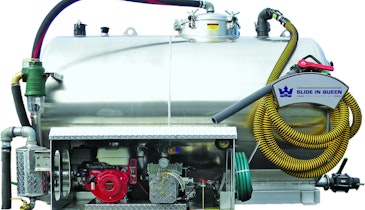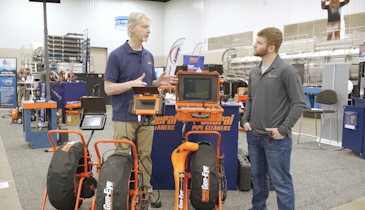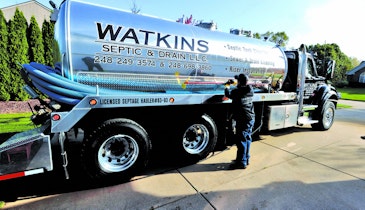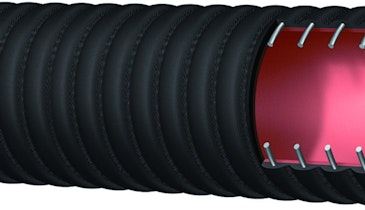Doug Lassiter, executive director and lobbyist for the North Carolina Septic Tank Association, reports that the association’s rapid action in the state legislature delayed a decision on an amendment to a bill that pumpers opposed.
A bill being heard in committee would have required pumpers to install effluent filters and risers on septic tanks at the time of pumping, if they weren’t in place. Furthermore, the language did not address U.S. Occupational Safety and Health Administration confined-space regulations.
Association members said that, if passed, the proposal would have meant vacuum trucks would be required to carry two technicians and transport excavation equipment and materials when making service calls, so that they could install the risers and filters when necessary.
As a result, says Lassiter, “A pump-out job that usually lasts an hour could turn into four hours. The cost to the consumer could more than triple, producing negative results for our industry and the legislators who voted for the amendment.”
Lassiter says the association supports effluent filters and risers, but believes it is unreasonable for pumpers to install them as part of routine pump-outs. The association would prefer to see riser and filter installations handled as a separate job.
Lassiter and association members called their legislators, expressing the desire to address the amendment in full and resolve all questions. Their efforts resulted in the language being pulled from the bill.
MICHIGAN
A bill requiring contractors to provide portable restrooms at residential building sites is awaiting action by the House Regulatory Committee, while a bill to amend the Michigan Vehicle Code is awaiting debate by the Senate Transportation Committee. That bill would regulate which vehicles could travel on what roads during which months.
During the last legislative session, language that would allow haulers access to secondary roads during spring thaw was vetoed. The Senate Transporta-tion Committee is working to add other issues of interest to the bill to possibly avoid another veto. Preliminary meetings were held to develop the best approach to require local governments prohibiting land application to make a septage-receiving facility available within their boundaries.
RHODE ISLAND
The International Association of Plumbing and Mechanical Officials Property Standard has been replaced by an IAPMO/ American National Standards Institute Z1000-2007 Standard for prefabricated concrete, fiberglass-reinforced plastic or polyethylene septic tanks. Besides establishing what constitutes acceptable quality, the standard includes requirements for design, materials, performance testing and markings.
IAPMO/ANSI Z1001-2007, replacing IAPMO PS 80, establishes construction specifications for prefabricated gravity grease interceptors. Developed for producers, distributors, architects, engineers, contractors, installers, inspectors and users, it addresses design, materials, installation and marking/labeling for identifying prefabricated gravity grease interceptors that conform to the standard. Both can be purchased online at https://publications.iapmo.org/ standards/pub_show_synopsis. asp?doc_id=312.
WASHINGTON
New onsite treatment rules now require conventional onsite systems to be inspected every three years and all other types to be inspected annually. Island County homeowners may inspect their systems after completing the County Public Health training program, provided the evaluation is not associated with a property sale, and provided the system is conventional and is not located in a sensitive or marine recovery area. In all other cases, the inspection must be done by a professional provider.
The State Department of Health is phasing in the rules over 18 months. County Public Health has initiated licensing for professional maintenance service providers. Training and certifying for homeowners begins early this year. Penalties for non-compliance range from $25 a day for low-risk violations to $250 a day for high-risk ones, but the health department imposes fines only as a last resort. No fines will be levied during the 18-month implementation period.





